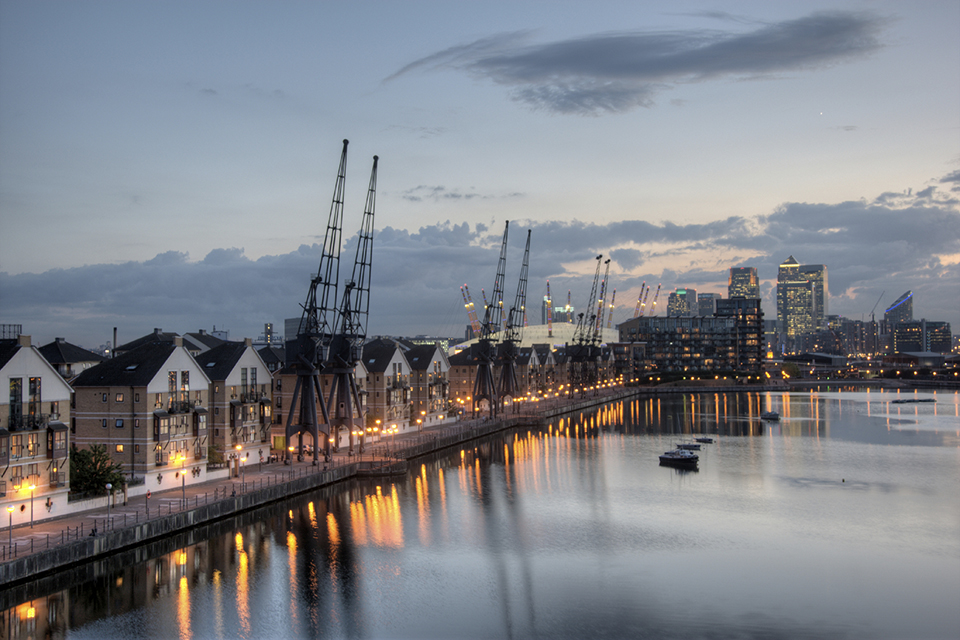Over the last two weeks we have been visiting all four corners of England’s coast, launching the start of marine planning for the north east, south east, south west and north west marine plan areas.
Building on our pioneering work in producing the first marine plans in the UK - the East Marine Plans, and the progress we’ve made on the South Marine Plans, we are starting the marine planning journey across the rest of the country.
The events were the start of a conversation – introducing the concept of marine planning and outlining how and when people can contribute to the development of their regional marine plans.
Marine plans will help make sure the right activities take place in the right place and at the right time – placing sustainable development at the centre of all decisions.
Local plans for local issues
To succeed in this, the marine plans must be based on local and specialised knowledge, identifying what makes each region unique and understanding the challenges they face.
As the marine officer for the South East my attention was firmly focused on bringing these events to Colchester, Whitstable and London. Announcing a marine plan area that will encompass Dover, Felixstowe as well as the Thames estuary to the tidal limit has, understandably, raised questions of quite what this marine plan will look like.
With so many interests throughout an area of water peppered, with an already complex governance structure, where will the marine plans make a difference?
Talking to those who attended the events has already helped start to shape the picture of what the South East Marine Plan will need to address and help overcome.
Issues concerning the complex governance structure of the Thames, the intricacies of heritage preservation on the North Kent Coast and the desire to hold back coastal erosion in Essex were but a handful of the voices heard in just a short space of time. I have no doubt that my colleagues in the North East, South West and North West have been equally fascinated learning more about their respective areas.
Raising an issue once is however unlikely to influence how we might address the areas of concern in each region. This is partially because we must ensure our actions are backed by evidence, but also because plan development is iterative. Your continued engagement and discussion with us is therefore, vital.
Your thoughts
This is why we have developed a Statement of Public Participation for each of the new marine plan areas. The documents set out how and when we will engage with various groups, organisations and individuals. From now to Friday 13 May you have the chance to find out and feedback on, how we plan to communicate and engage with you. But even more importantly for you to let us know if you think our approach is the right one.
Following these introductory events, my colleagues and I will begin arranging meetings with groups throughout the plan areas to better understand the specifics of their interactions and concerns. This work will start to draw our evidence and understanding together and prepare us for the next phase of engagement.
Get involved
Whether you’d like to raise an issue, keep in contact or simply get progress updates I’d urge you to make contact with your local marine planning officer so that you too can help build a sustainable future through marine planning. Email us planning@marinemanagement.org.uk or phone 0208 0265 325.
You can also get updates from the MMO by following us on Twitter and LinkedIn.
